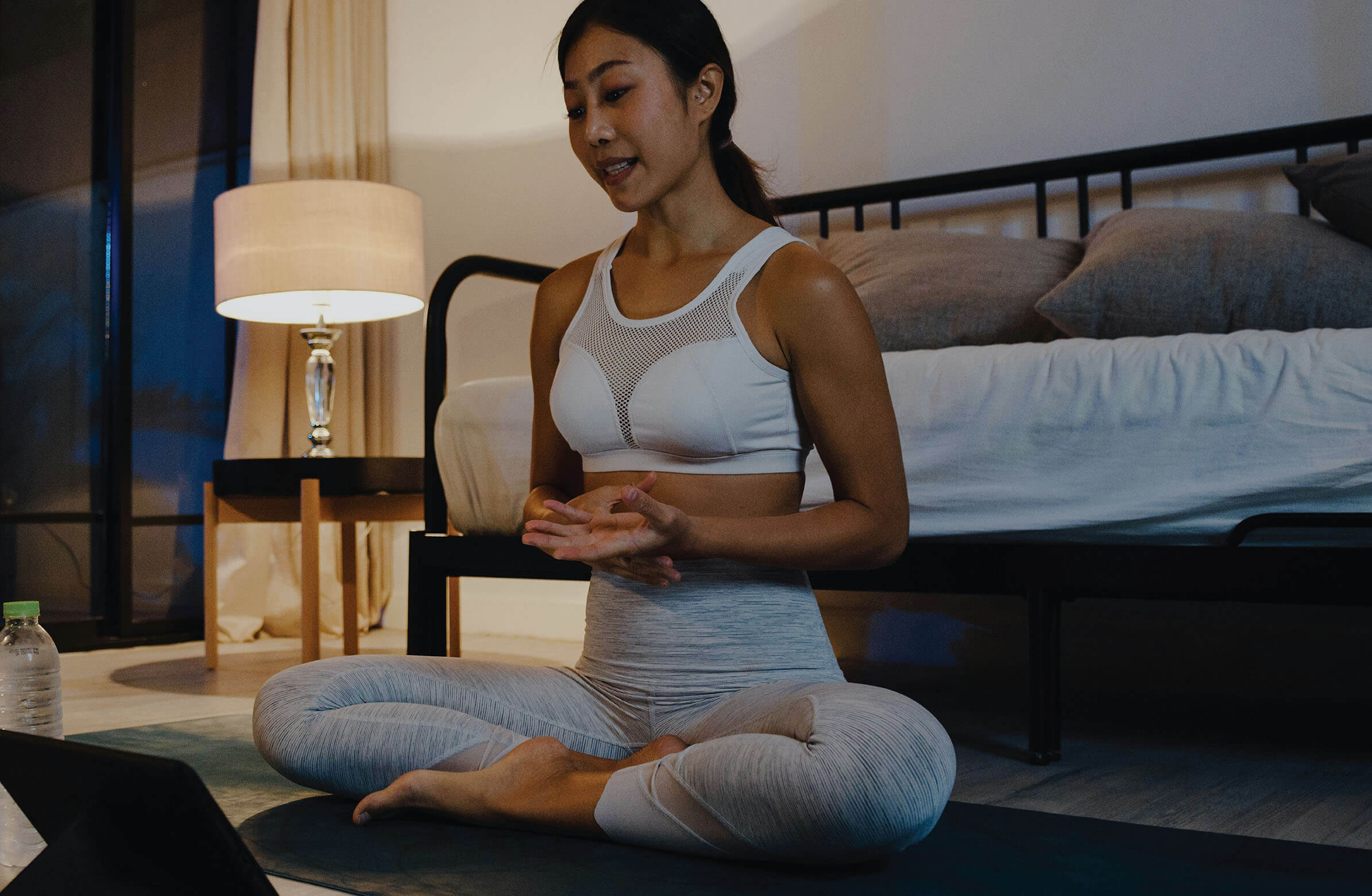Tips for establishing calm at times of stress
4-6 minute read.
Practical advice for finding inner calm amidst life’s stresses. From shifting focus and listening to music to practicing breathing exercises and going for walks, explore various strategies to help you navigate moments of anxiety and tension effectively.

Finding Inner calm: Simple strategies for navigating life’s stressors
In the fast-paced whirlwind of modern life, moments of stress and anxiety can be far too frequent. Whether it’s looming deadlines, personal pressures, or unexpected challenges, the need to calm ourselves down becomes essential for maintaining mental well-being. In this blog, we’ll explore some simple yet effective strategies to help you find your inner calm amidst the chaotic ebb and flow of life.

Whether you’re facing a nerve-wracking situation or simply seeking a moment of tranquility in your daily routine, try these tips and see which ones work for you:
Shift Your Focus
Redirect your thoughts towards things that bring you joy or peace. Activities like mindfulness, yoga, or writing can help shift your focus away from stressors.
Listen to Music
Music has a soothing effect on the mind and can help you relax. Choose songs or genres that resonate with you and help you unwind.
Talk to Someone
Reach out to someone you trust who can lend a listening ear. Sharing your feelings with a supportive friend or family member can provide comfort and relief.
Take a Shower
A warm shower can be incredibly calming and refreshing. The sensation of water can help wash away tension and promote relaxation.
Read a Book
Engage your mind in a good book that captivates your interest. Reading can transport you to different worlds and distract you from stressors.
Practice Breathing Exercises
Deep breathing exercises can help calm the nervous system and reduce feelings of anxiety. Focus on slow, deep breaths to promote relaxation.
Keep a Diary
Writing down your thoughts and emotions in a diary can be therapeutic. It allows you to process your feelings and gain clarity on what’s causing distress.
Go for a Walk
Taking a walk outdoors can provide a change of scenery and fresh air. Physical activity releases endorphins, which can help improve your mood and reduce stress.
Experiment with these tips to discover which ones work best for you in different situations. Some might lend themselves better to certain times of the day and some can be a quick fix you can put in place wherever you are. To find out how counselling can help stress, go to our counselling and psychotherapy information page.

